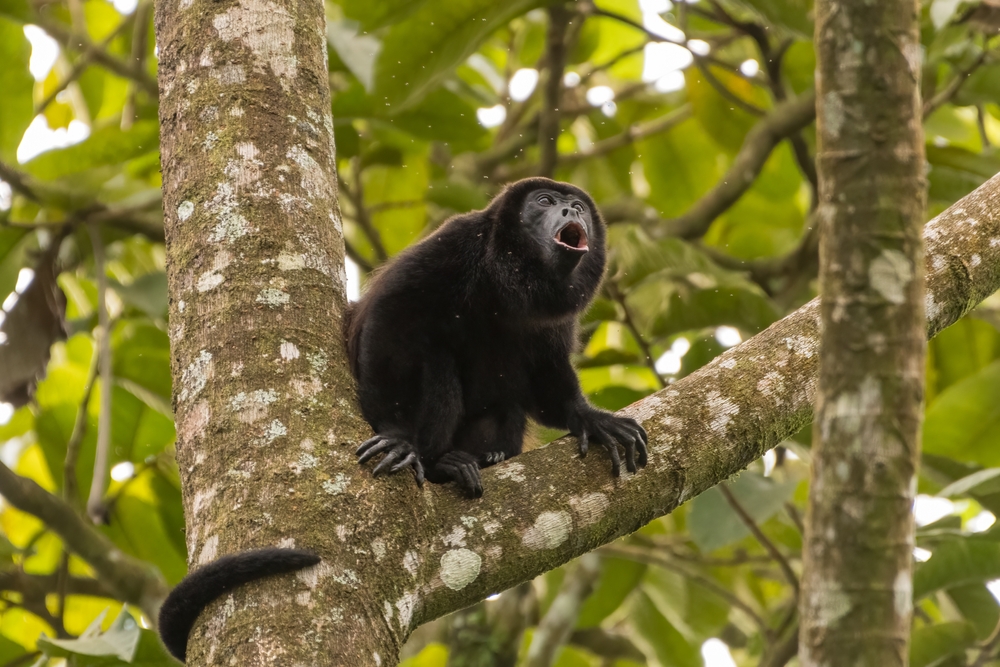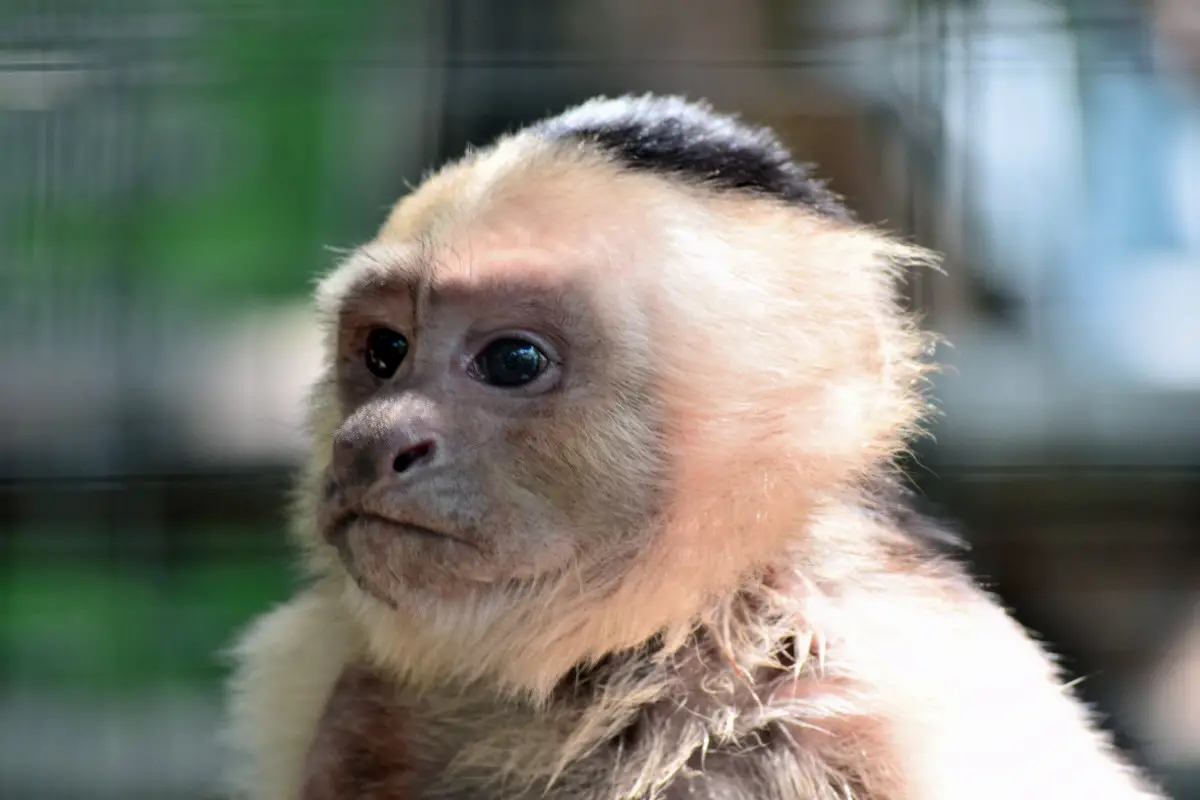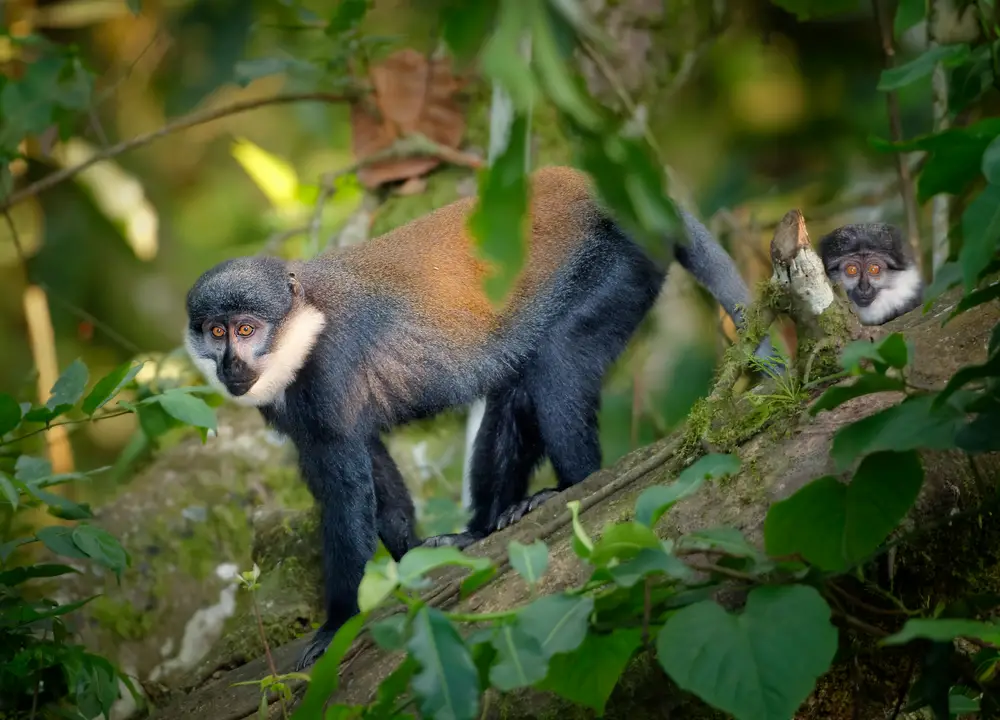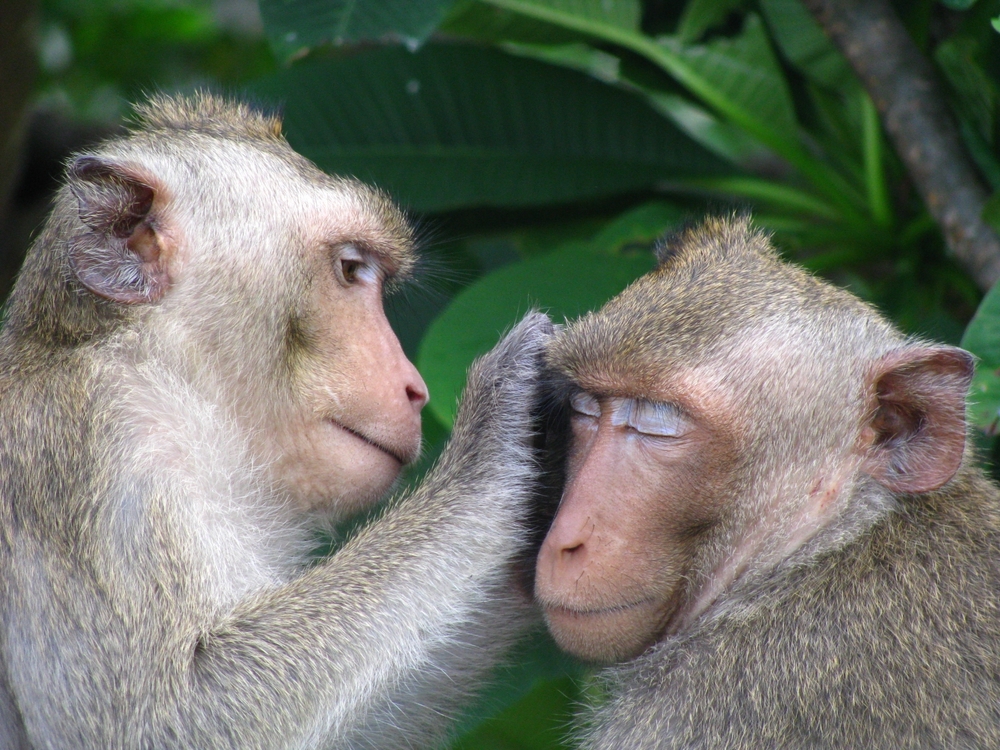In the hallowed halls of education, you’ve been fed a cocktail of facts and fallacies, leaving you with some baffling beliefs. While some lessons remain timeless, others could easily be grasped by our primate cousins. It’s time to examine those half-baked theories and habits instilled in us by the academic establishment. Here are 13 things you might have learned in school that would leave even a monkey scratching its head.
1. You Can’t Use A Calculator

Remember being told that calculators were off-limits, and calculations had to be done in your head? This was meant to sharpen your arithmetic skills, but in a world wired with technology, insisting on mental math for basic calculations is a bit of a throwback. In the real world, efficiency often trumps manual effort, and you’d be remiss to ignore the assistance of technology. According to education expert Jo Boaler, embracing tools like calculators can actually enhance understanding and free up cognitive resources for more complex problem-solving.
Moreover, even our simian friends would agree that leveraging tools is part of evolution. The human race didn’t get this far by rejecting new tech in favor of laborious methods. Monkeys use sticks to fish for ants, so why shouldn’t you use a calculator to sum up your groceries? It’s about applying the right tool at the right time.
2. You Need To Memorize Everything

The obsession with rote memorization in schooling is a relic of a bygone era. The belief that your brain is a storage unit for every fact under the sun is both impractical and outdated. The digital age has redefined the way we access and retain information, making this method of learning somewhat obsolete. It’s more vital to understand overarching concepts than to memorize specifics that are easily retrievable online.
Even monkeys know that memory should serve a functional purpose, not just as a storage system for every nugget of trivia. They remember which trees bear fruit and when, focusing on utility rather than exhaustive recall. This isn’t to say that memory has no place in learning, but it should be applied where it counts. Focus on comprehension, and let your brain breathe a little.
3. Silence Equals Concentration

Schools have long equated silence with focus, a notion as archaic as chalkboards. However, this idea fails to accommodate different learning styles and environments. Research by cognitive scientist Dr. Daniel Levitin suggests that ambient sound can elevate mood and boost creativity, showing that a little background noise might actually enhance productivity. A bustling coffee shop or a playlist of tunes might just be your ticket to peak concentration.
Monkeys in the wild thrive amidst the cacophony of nature, proving that noise doesn’t necessarily disrupt focus. They communicate, forage, and play in environments far from silent. It’s high time to reassess the rigid silence of study halls, embracing a more dynamic auditory landscape. Your ideal concentration zone might be just a playlist away.
4. Mistakes Are Failures

The fear of making mistakes is drilled into students, often equating errors with failures. This mindset stifles innovation and discourages risk-taking, which are essential components of growth. In reality, mistakes are powerful learning tools, providing insights and fostering resilience. Embracing error as part of the process can lead to breakthroughs and personal development.
Monkeys make mistakes too, especially when learning new skills or exploring their environment. They adapt and learn from these experiences, becoming more adept and resourceful. If our primate relatives can use trial and error to their advantage, surely we can too. It’s time to view mistakes as stepping stones rather than setbacks.
5. All Learning Must Be Linear

The school system often pushes a linear approach to learning, following a predetermined path from point A to B. This fails to account for the complexity and interconnectedness of knowledge. Renowned education theorist Sir Ken Robinson advocated for a more organic approach, recognizing that learning is a dynamic and non-linear process. By limiting ourselves to linear paths, we miss the opportunity to explore and make connections between diverse fields.
Monkeys learn through exploration, not by following a straight line. They investigate, test, and discover in a seemingly chaotic but profoundly effective manner. Emulating this approach allows for a richer and more comprehensive understanding of the world. Embrace the messiness of learning—it might just lead you to unexpected innovations.
6. Success Is Measured By Grades

The academic rat race often equates high grades with success, creating a narrow definition of achievement. This perception overlooks the importance of skills like creativity, empathy, and critical thinking. While grades can be indicators of performance, they are not the sole measure of potential or capability. True success encompasses a broader range of competencies that grades alone cannot capture.
Monkeys don’t assign grades to their abilities, yet they lead successful lives through skills honed in their natural habitats. Their success is defined by adaptability and social bonds, rather than arbitrary metrics. Similarly, your worth shouldn’t be confined to a report card. Broaden your definition of success to include diverse talents and strengths.
7. The Teacher Is Always Right

The notion that teachers are infallible is a carryover from an era of unchallenged authority. However, teachers are human, prone to errors and biases just like anyone else. Educational researcher Alfie Kohn argues that healthy skepticism and questioning are vital in learning environments, fostering independent thinking. Learning to analyze and question authority is a critical skill in both academia and life.
Monkeys, too, question and test their surroundings rather than blindly following a leader. They learn by observing, experimenting, and sometimes defying the expected. Emulating this behavior cultivates a mindset open to possibilities and new perspectives. Your journey is your own to navigate, informed by curiosity and critical inquiry.
8. There Is Only One Right Answer

The obsession with finding the “right answer” in school is a limitation rather than a benefit. In the real world, problems are often complex with multiple solutions, requiring creative and divergent thinking. This rigid pursuit of correctness can stifle innovation and discourage outside-the-box thinking. Embrace ambiguity and explore alternative solutions, as the world is rarely black and white.
Monkeys don’t adhere to a single path; they adapt strategies based on the situation. Their flexible thinking and problem-solving skills enable survival and success. Channel this adaptability and open-mindedness in tackling challenges. Sometimes, the “right” answer is simply one of many possible solutions.
9. Homework Is Essential For Learning

The age-old tradition of assigning homework is often touted as a necessary extension of classroom learning. However, the effectiveness of homework is debated, with some studies suggesting minimal impact on academic success. The ritual can lead to burnout and diminish students’ enthusiasm for learning. Quality, not quantity, should be the guiding principle for reinforcing knowledge outside school hours.
Monkeys learn through play and exploration, without a homework regimen. Their learning is intrinsic and motivated by curiosity and necessity. By fostering a love for learning rather than a checklist mentality, you can cultivate a more profound, lasting engagement with knowledge. It’s about finding balance and sparking genuine interest.
10. Standardized Tests Define Intelligence

Standardized testing is often seen as the ultimate measure of intelligence and capability. Yet, these tests only assess a narrow range of skills, neglecting creativity, emotional intelligence, and other crucial factors. The reliance on standardization can overlook diverse talents and perpetuate inequality. Intelligence is multifaceted, and standardized tests are but a glimpse into its vast landscape.
Monkeys don’t take tests to prove their intelligence; their survival and adaptability are testament enough. They exhibit problem-solving, social intelligence, and environmental awareness. Recognize that intelligence is broad and diverse, extending beyond the confines of a test booklet. Celebrate the varied shades of intelligence you possess.
11. Recess Is Just Playtime

Recess is often viewed as a break from “serious” learning, but its value transcends mere play. It provides essential physical activity, social interactions, and a mental reset crucial for cognitive function. Studies support the notion that unstructured play enhances creativity and problem-solving skills. Underestimating the importance of play is to overlook a vital component of holistic education.
Monkeys spend significant time engaged in play, which is key to developing social structures and survival skills. Their play isn’t frivolous; it builds the groundwork for cooperative interactions and innovation. Embrace the power of play as a legitimate and necessary aspect of learning. It’s not just downtime—it’s an opportunity for growth.
12. Silence Is Golden

The adage “silence is golden” suggests that quiet environments are inherently superior for learning. However, this doesn’t account for the rich and varied ways individuals process information. Some thrive in silence, while others benefit from ambient noise or collaborative discussions. Recognizing and respecting diverse learning needs is essential for effective education.
Monkeys communicate constantly, learning dynamically through interaction and sound. Their environments are filled with the chatter and noise that facilitate learning and connection. Tailor your learning environment to suit your preferences and enhance your understanding. Silence can be golden, but sound might just be platinum.
13. School Prepares You For Life

The belief that school prepares you for all aspects of life is one of its greatest myths. While it provides foundational knowledge, many life skills are learned outside the classroom. Critical thinking, emotional intelligence, and practical problem-solving often develop through real-world experiences. School is a stepping stone, not the full journey.
Monkeys learn from life itself, applying skills as they navigate their complex social and natural worlds. Their education is ongoing and experiential, shaped by daily interactions and challenges. Recognize that your education is also a lifelong journey, enriched by experiences beyond textbooks and classrooms. Embrace learning as a continuous adventure.
